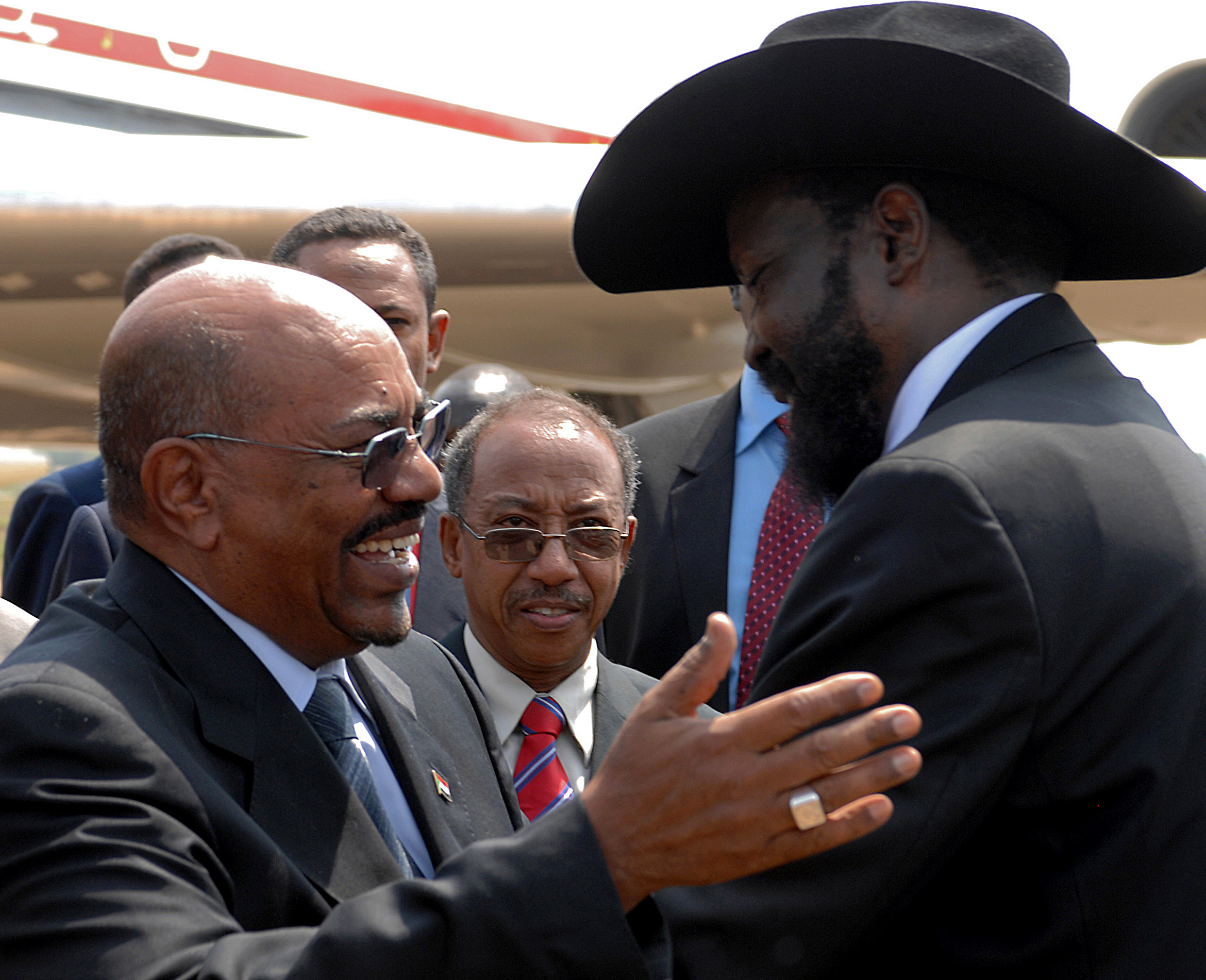
For nearly three weeks, from September 4 to 27, 2012, representatives of Sudan and South Sudan met in Addis Ababa, Ethiopia to negotiate a comprehensive peace agreement under the auspices of the African Union High-Level Implementation Panel, or AUHIP, and the pressures of an internationally-imposed deadline. They fell short, agreeing on key economic and security issues, but they were unable to resolve disputes on Abyei and their common border, leaving unaddressed sharp points of disagreement between the two countries. In addition, little progress on peace talks between Sudan and the Sudan People’s Liberation Movement-North, or SPLM-N was made, and the lack of humanitarian access into conflict zones in Sudan was left unaddressed.

